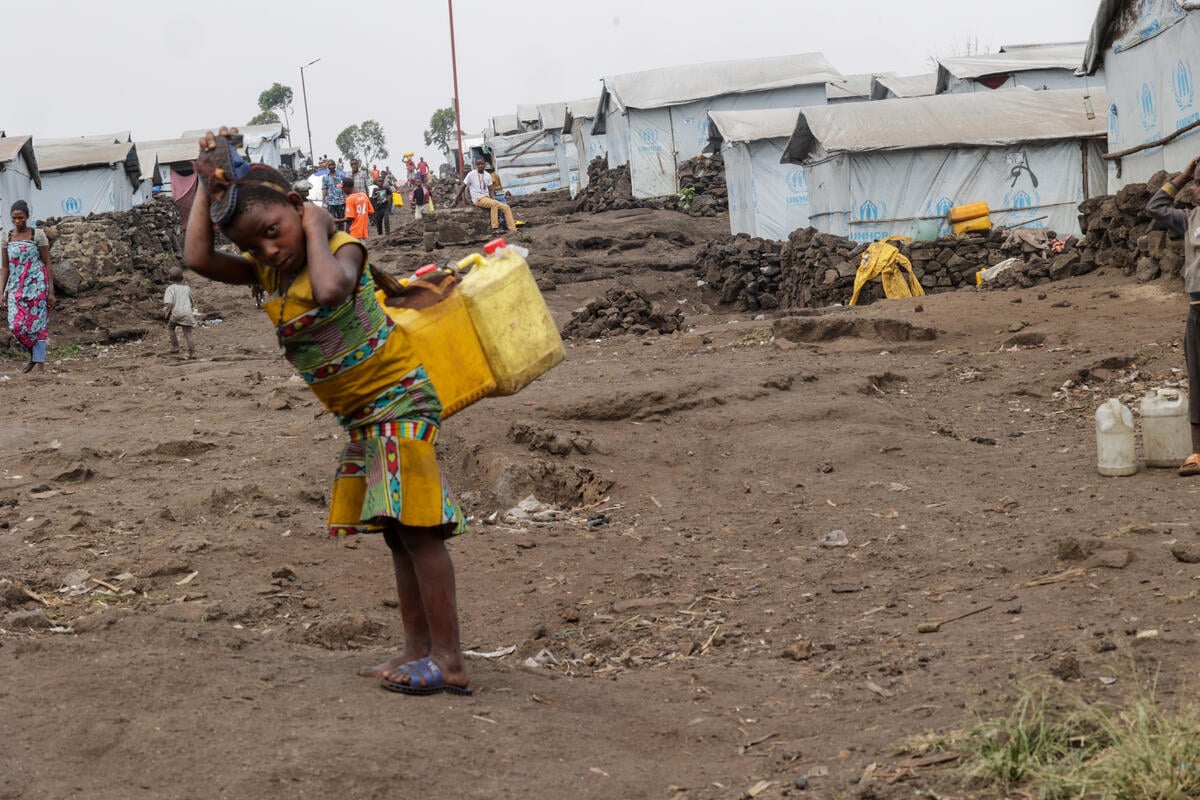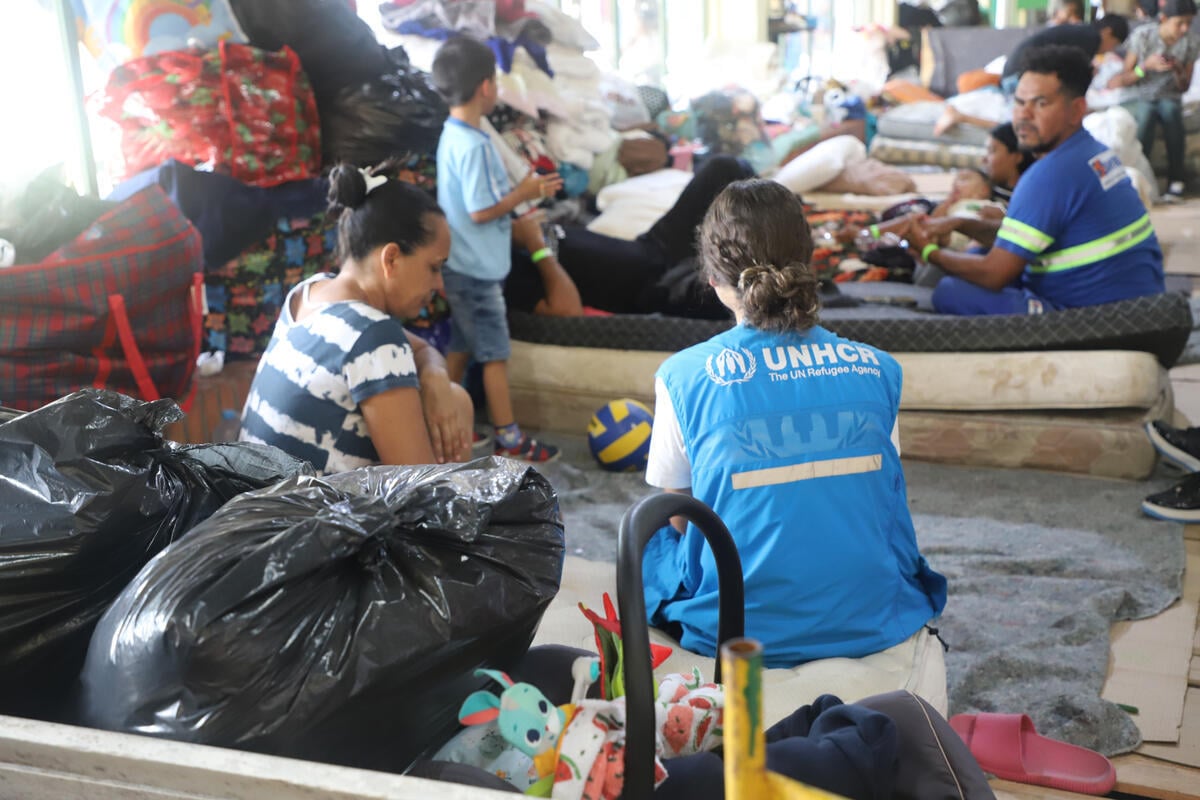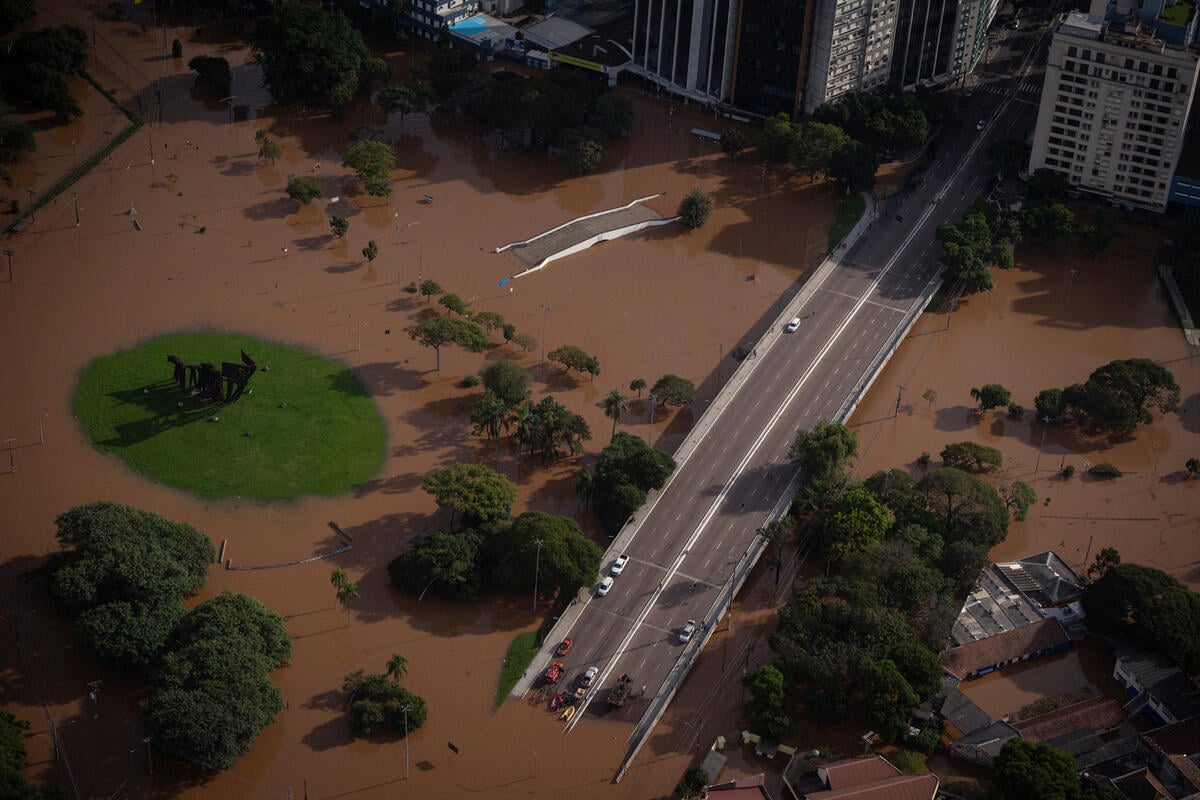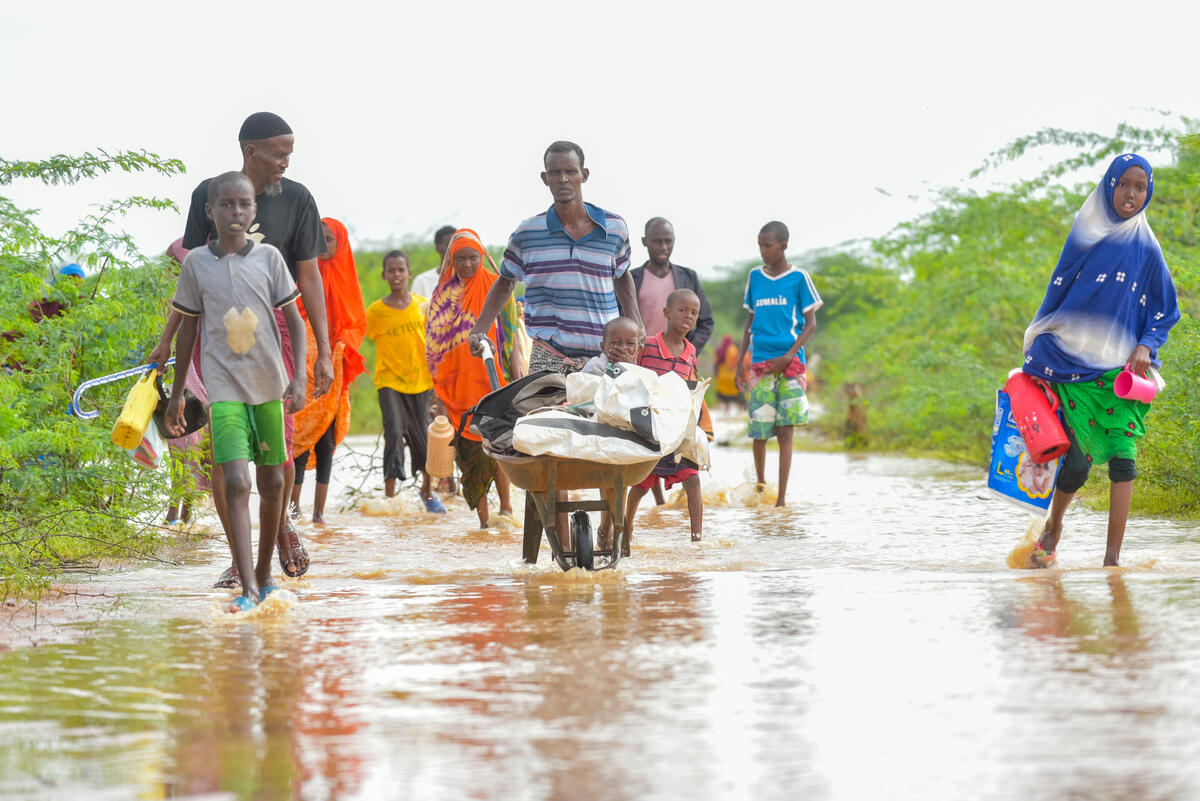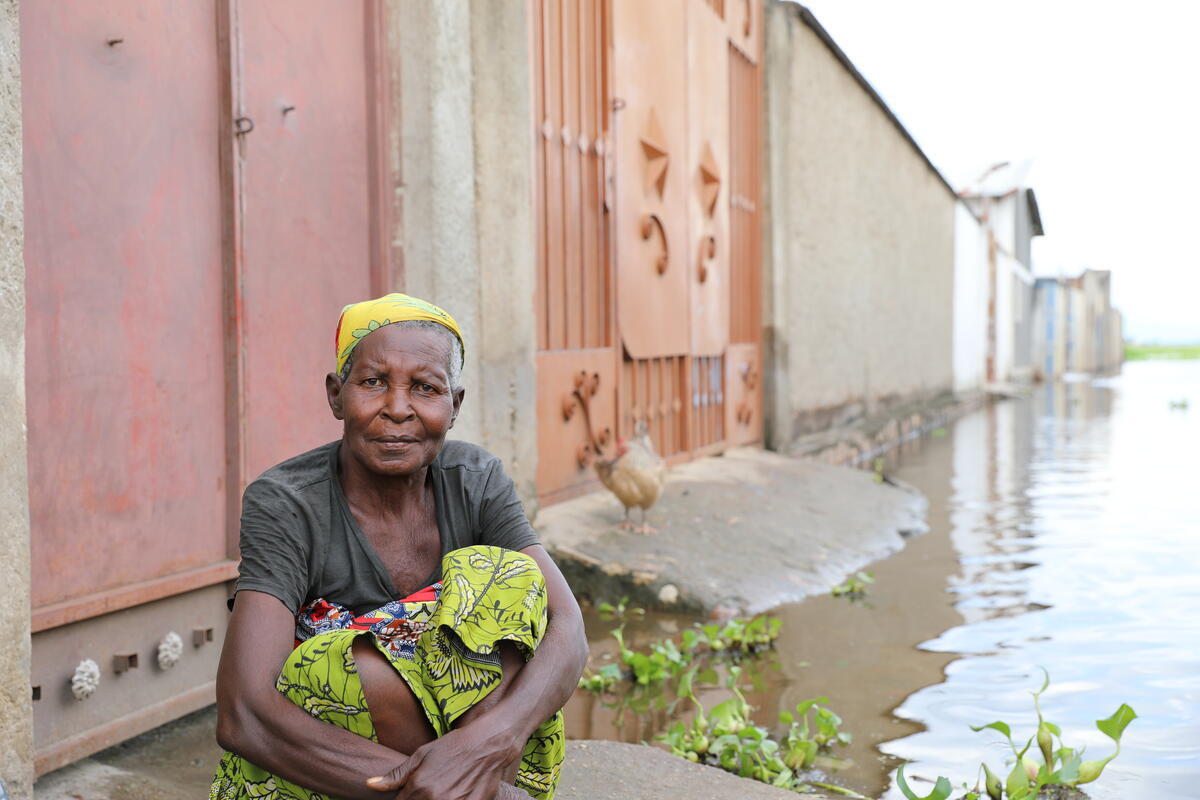Burundian crossings into Tanzania on the increase, health hazards feared
Burundian crossings into Tanzania on the increase, health hazards feared
A growing number of Burundians have been crossing the border to take refuge in neighbouring Tanzania in the past few weeks. Their living conditions at the Tanzanian way stations where they are staying are a cause of great concern to UNHCR.
There are now more than 4,000 asylum seekers in three way stations in the district of Kibondo, in north-western Tanzania. Some 3,500 Burundians have crossed the border since the start of the year and the numbers keep growing at an average rate of 100 new arrivals a day. On Monday alone, more than 500 newcomers were registered in way stations along the border, most of them at Nyakimonomono, where more than 2,500 people now live.
The living conditions in Nyakimonomono and other way stations are not good. Way stations are designed to receive people who have just crossed the border for a very short period of time only - no more than a few days in most cases. We and our partners have done what we can to improve conditions in the stations - water supplies have been improved, the ground drained around shower and water supply areas, new garbage pits have been dug and additional kitchens built.
Nevertheless, the health hazards of having so many people staying in places meant to accommodate only a few remain very high. We have been negotiating with the Tanzanian authorities in order to be able to move those people who are granted asylum away from the border into already established camps. So far, however, only a small number of people have been granted asylum - 57 of them were moved to Mkugwa refugee camp last Friday and another group of some 100 people is to be moved this week.
The majority of the new arrivals come from Burundi's eastern province of Ruyigi. Lack of food and growing insecurity are the two main reasons the Burundians cite for leaving their country. There are visible cases of malnutrition among the new arrivals. A toddler died last week on arrival suffering from dehydration and three young children died in January from acute respiratory infection. Worryingly, a significant number of the newcomers had recently repatriated to Burundi after years of living as refugees in Tanzania.
UNHCR is assisting some 350,000 refugees in Tanzania, 195,000 of them from Burundi. We have been running a voluntary repatriation operation for Burundian refugees since 2002, with more than 290,000 having chosen to return home. In recent months, the numbers choosing to repatriate have been at their lowest since the start of the operation.

